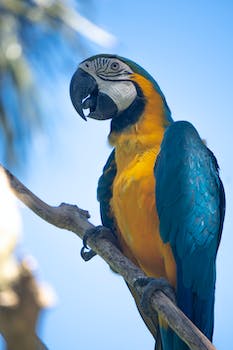Pet Insurance Policies
Understanding Pet Insurance Deductibles and Co-Pays Pet insurance is a great way to help cover the cost of unexpected veterinary bills. However, it is important to understand the terms of your policy, including deductibles and co-pays. A deductible is the amount of money you must pay out of pocket before your pet insurance policy kicks … Read more




